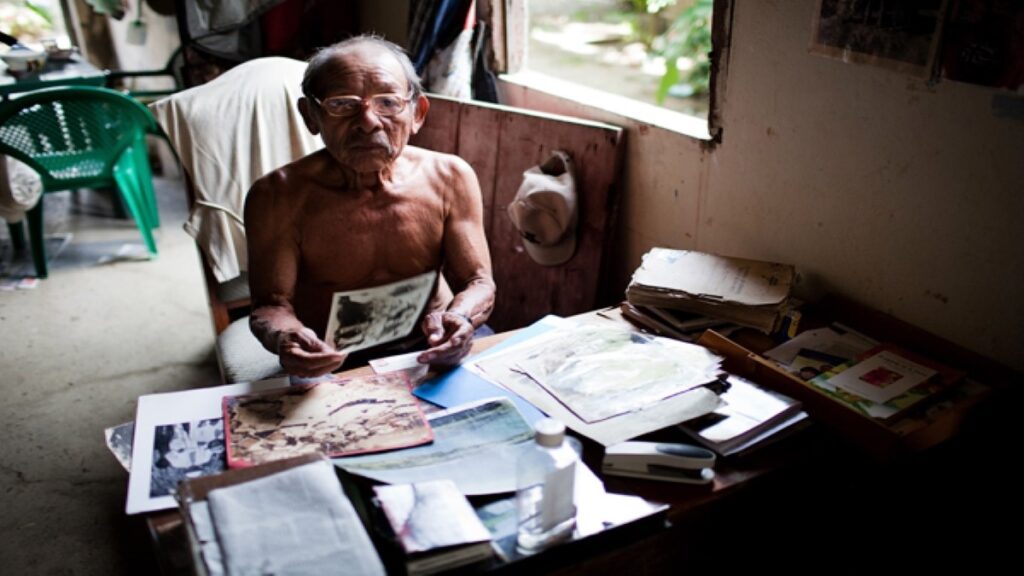Malaysia Population Research Hub

KUALA LUMPUR: For decades, many countries around the world had started initiatives to protect their senior citizens by introducing laws to shield them from discrimination and neglect by family members.
Last week, the Dewan Rakyat was told that more than 2,000 senior citizens in the country were abandoned by their family members and this figure only involved those left at hospitals. The actual figure for all neglected seniors in the country is unknown.
Malaysia began the transition into an ageing society in 2020, with more than seven per cent of the country’s population having reached the age of 65 and above.
The rate of ageing is expected to increase in the coming years and the share of the population aged 65 and above is projected to double to 14 per cent by 2044 and reach 20 per cent by 2056, according to the World Bank’s estimate.
The ratio of people aged 65 and above to those of working age is also projected to rise, which would lead to old-age dependency in households, aside from causing a strain on the workforce. This means that Malaysia’s increase in the ageing rate is very fast, even by global standards.
Constitutional expert Professor Datuk Dr Shad Saleem Faruqi said Malaysia must not wait any longer to deal with the issue. He said the country must first address the problem of “individualism” that was rising in the country, where children felt their personal needs were more important than caring for their elderly parents.
Citing Singapore’s Maintenance of Parents Act 1995, Shad explained that the law made it legal for parents to require their children to pay for their maintenance and this, he said, should be adopted in Malaysia.
“What’s wrong with forcing people to take care of those who had earlier taken care of them when they were young?
“From the point of view of humanity and religion, not just Islam but also other religions, showing respect and concern for your parents are part of the teachings.
“We need to rethink our concept of human rights instead of just (focusing) on free speech and such. Article 8(1) of the Federal Constitution states that ‘all persons are equal before the law and entitled to the equal protection of the law’.
“What Singapore has done in restoring ancient cultural values of caring for one’s parents is commendable,” he said.
RETIREMENT PLAN
In Singapore, every tier of society, from family to community and the state, shares the burden of taking care of the elderly. Its Retirement and Re-employment Act 1993 protects the elderly from being discriminated against when they apply for a job after retirement age.
To prevent ageism in the workforce, Shad suggested that the conditions of retirement include “calculus factors” instead of discarding a person from the workforce simply because one has reached a “particular calendar age”.
“It is unreasonable, irrational and unconstitutional to put someone to pasture because of his age. It’s like saying, ‘this cow has stopped producing milk, so push it aside and let it eat whatever grass it can find on its own’.
“It must be based on a calculus factor. For example, I am a teacher and say I am lame or have lost one leg, that has nothing to do with my ability to teach.
“These factors can be easily determined — if one’s eyesight is gone or he has impaired hearing, or memory loss or any form of disability. Age is a rich dimension.
“There is emotional age, psychological age, physical age and others. I disagree with the legality of retiring people at a particular age.”
THE REWARDS OF GIVE AND TAKE
Another suggestion by Shad was for the youth and healthy adults to put in certain hours caring for the elderly and to get the same treatment later when they become senior citizens.
He said this would teach the public about social conscience and social perspective.
“It will teach them to live for others and not just for themselves. But this must be done properly. There must be a logbook of sorts to identify how many hours this person has put in to care for an elderly.
“When he becomes old, he would be entitled to get the same amount of care from another young person. It’s a reciprocal way of citizens helping each other and to help themselves in old age.”
At the same time, Shad said, Malaysians should be allowed to take unpaid leave to care for their sick parents, spouse and child.
CAREGIVING AS A PROFESSION
Aside from making it compulsory for children to care for their parents, Shad said there must also be a law to safeguard caregivers as they too were often neglected. He said caregiving should be encouraged as a new profession, but it must be regulated to protect their rights and duties.
“There should be a Caregivers Act, just like how there is the Nurses Act 1950, as they suffer from ‘caregivers burnout’ all the time.”
Shad said another initiative Malaysia could adopt was the Peace Corps programme introduced by United States president John F. Kennedy back in 1961.
“It’s a programme where young American college students were sent abroad to do social service. They taught English or Mathematics and helped to build bridges. It’s a fantastic initiative where caregivers can go around and do exactly that — caregiving.”
The ageing problem in this country is expected to accentuate compared with Singapore due to the scale of Malaysia’s geography and population size. Therefore, sustainable and progressive plans must be in place soon, Shad said.
“The youth need to understand that there is suffering everywhere in the world and they should have the attitude of saying ‘I can do something and I can help make a difference for at least one person’. This will be a wonderful experience for our younger generation.”
Source : NST